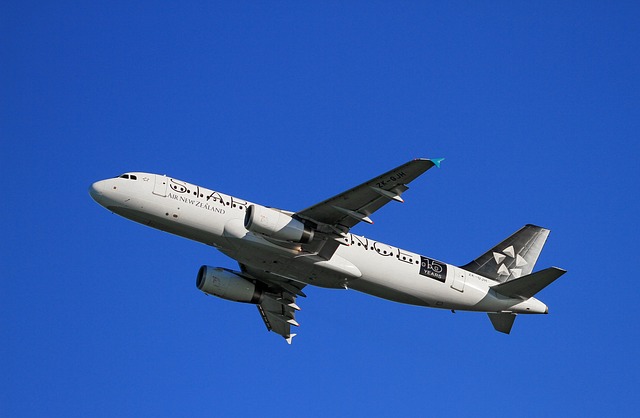This Content Is Only For Subscribers
Air New Zealand has released a study revealing its economic contribution and impact on the New Zealand economy. The report, compiled by Sense Partners, found the national carrier was the second largest economic contributor in the country.
Air New Zealand chief corporate affairs officer Mat Bolland says the report was compiled in the aftermath of the pandemic to better understand the airline’s impact as the economy recovers and grows.
“We kicked off this research project last year to put numbers behind our purpose of connecting New Zealanders with each other and New Zealand with the world. As a remote nation, New Zealand relies on aviation more than almost any other economy to overcome distance to markets, so it is vital for us to understand Air New Zealand’s role in our economy.”
Providing connectivity
The impact of Air New Zealand comes through the airline’s ability to reshape the country’s economic geography, domestically and globally.
“The research was a reminder of the challenges New Zealand businesses face being so far away from key markets, with our closest major trading partner, Australia, more than 2000 km away. In addition – geographically – we are not that small a country, with our 5.1 million population spread over the same distance as from Denmark to Spain, spanning countries that are home to more than 180 million people,” says Mat.
Economic contribution
The report follows Air New Zealand’s recovery after several years of pandemic-related losses. In FY23, Air New Zealand returned to profitability, enabling new investment in infrastructure including new aircraft to keep communities connected.
“Our total economic contribution of $2.7 billion in FY23 includes $1.4 billion in wages paid to Air New Zealand staff alone. Air New Zealand’s activity for the year facilitated a total of $26.4 billion in economic activity across areas including tourism, exports, and imports which demonstrates the essential role the airline plays in not just connectivity, but also supporting New Zealand’s economy,” says Mat.
The report also outlines that while the airline’s contribution marked a return to pre-pandemic levels, Air New Zealand’s economic contribution is expected to continue to rise.
Creating employment opportunities
By moving people and cargo, Air New Zealand supports more than 130,000 jobs across Aotearoa. The impact is broad, with Air New Zealand services enabling jobs across tourism, export, and import and an overall 5.6 per cent of jobs across the country.
The report also highlighted Air New Zealand’s key role in transporting premium goods. In FY23, Air New Zealand facilitated $3.3 billion worth of export goods. Although aviation offered speed to market for fresh produce, it also offered fast, reliable and secure transportation for high value exports including gold and quartz crystals.
Mitigating aviation emissions
The airline’s biggest challenge is reducing its emissions, which will be critical to the ongoing viability of air travel and air freight. This is not easily done given the large distances within the country and with the rest of the world.
“We’re acutely aware of the sustainability challenges faced by not only Air New Zealand but the wider aviation industry. We have taken steps toward our decarbonisation goal but are very conscious there is a lot more work to do to reach net zero carbon emissions by 2050,” says Mat.



